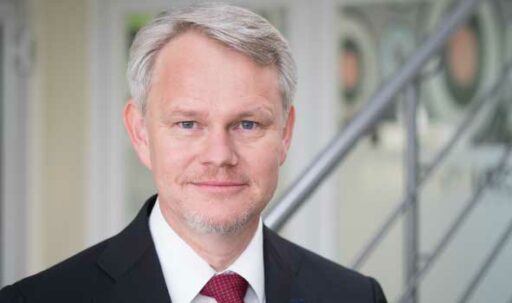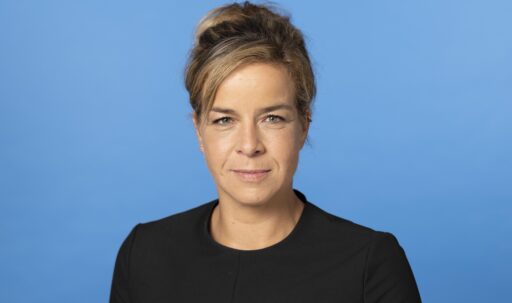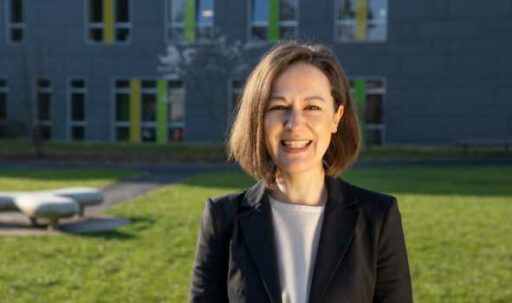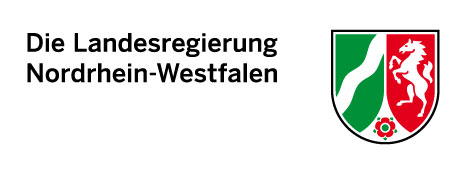Innovative Secure Medical Campus
Innovation im Krankenhaus: Künstliche Intelligenz und Cyber Security made in NRW
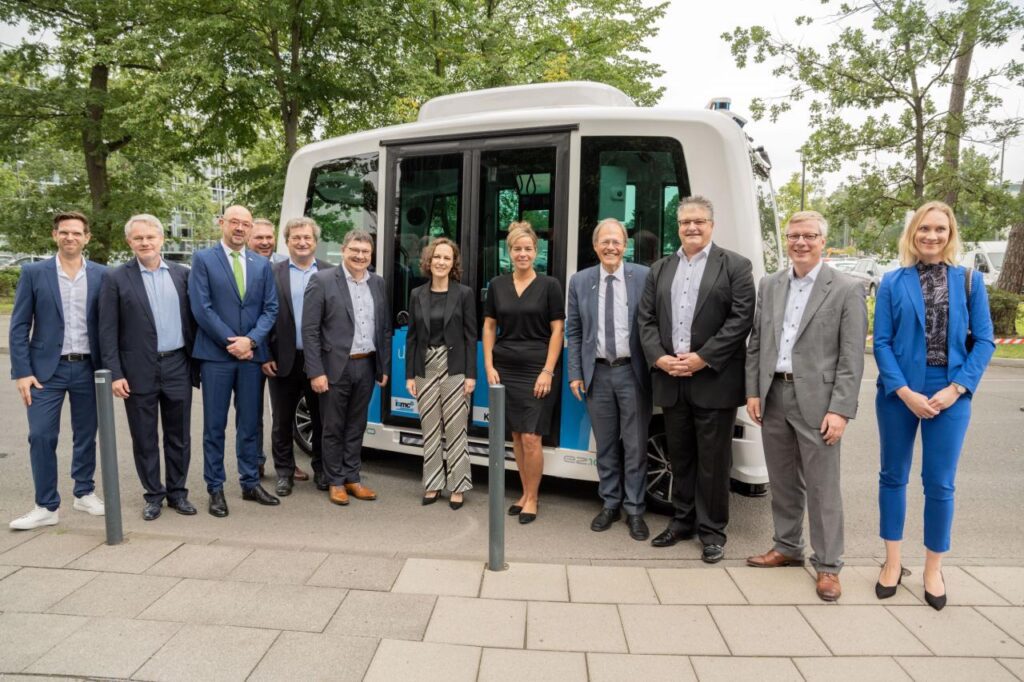
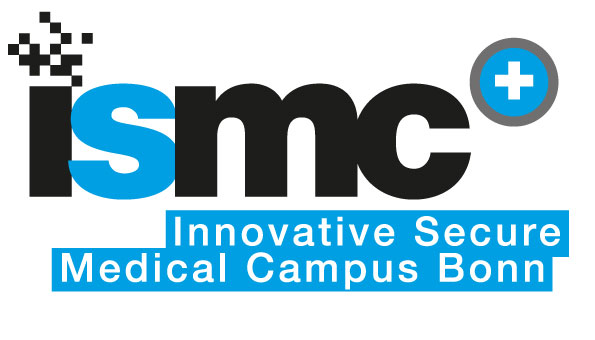
Neuigkeiten und Fortschritte finden Sie auf der Projektwebsite.
Universitätsklinikum Bonn und Cyber Security Cluster initiieren Innovative Secure Medical Campus
Der Innovative Secure Medical Campus ist ein in Deutschland einzigartiges Kooperationsvorhaben zwischen dem Universitätsklinikum Bonn und dem ebenfalls in Bonn ansässigen Cyber Security Cluster. Gemeinsam wird an einem übertragbaren Digitalisierungskonzept des UKB gearbeitet, in dem die Nutzung modernster KI-Technologie von Anbeginn mit dem Thema Cyber Security und Datenschutz zusammengedacht wird.
Kliniken und vor allem Maximalversorger wie das UKB stehen vor einer großen Herausforderung, die sich in den nächsten Jahrzehnten durch den demographischen Wandel zuspitzen wird – Medizinischer Fachkräftemangel bei einer immer größer werdenden Anzahl komplex erkrankter Patientinnen und Patienten. Bei den Planungen, wie Abläufe effizienter gestaltet werden können, spielen Digitalisierung und Datensicherheit eine entscheidende Rolle. Hier setzt das Projekt an: Ziel ist es, mithilfe modernster Technologien, wie z. B. 5G, Künstlicher Intelligenz und OP-Robotik das UKB als Innovative Secure Medical Campus zum Vorreiter für den Medizin-Campus der Zukunft auszubauen.
Grundlegend für zielgerichtete therapeutische Entscheidungen komplex erkrankter Patientinnen und Patienten ist das vollständige Vorliegen aller im Behandlungskontext erhobenen medizinischen Daten am Behandlungsort. Im derzeitigen Status quo liegen diese Daten häufig nur teils digital und teils analog vor, und systematisch strukturierte Datenbanken, die mit Data Mining für nachfolgende Analysen leicht zugänglich sind, sowie der digitale Austausch mit externen Zuweisern (Niedergelassene oder Kliniken) sind noch unzulänglich.
Im Innovative Secure Medical Campus werden die Daten dazu in einem Data Lake gesammelt, sodass die digitale Verfügbarkeit und Aufarbeitung der Patientenhistorie inkl. Vorbefunden, Bild-, Labor -und Pathologiedaten unkompliziert möglich wird. Mit dem bereits auf dem Campus installierten 5G-Netz steht die nötige Infrastruktur für dieses Vorhaben schon bereit.
Auf dieser Grundlage können dann KI-Systeme andocken, die in der therapeutischen Entscheidungsfindung unterstützen (Clinical Decision Support Systems) oder Therapiesimulationen an digitalen Zwillingen möglich machen. Der gesamtheitliche Ansatz verfolgt aber auch weitere, vielfältige Ziele, wie z. B. die Optimierung der OP-Robotik, KI-gestützte intelligente Ressourcenplanung oder das Smart Parking, also das leichte Auffinden verfügbarer Parkplätze auf einem großen medizinischen Campus. Auch eine testweise Erprobung von autonom fahrende Shuttle-Fahrzeugen auf dem UKB-Gelände ist geplant. Die Digitalisierungslösungen werden außerdem in den Smart-City Ansatz der Stadt Bonn integriert werden.
Entscheidend für den Erfolg des Projektes ist vor allem der Sicherheitsaspekt, denn gerade im Gesundheitswesen ist der vertrauensvolle, schützende Umgang mit sensiblen Patientendaten unerlässlich. Hackerangriffe auf medizinische Einrichtungen haben dies wiederholt gezeigt. Damit die Cyber Security gewährleistet ist und intelligente Sicherheits-Lösungen integriert werden, ist das Cyber Security Cluster Bonn als starker Partner mit an Bord. Das Projekt wird mit 17,5 Millionen Euro vom Land gefördert und hat eine Laufzeit von drei Jahren. Die Leitung übernimmt Prof. Ulrike Attenberger, Direktorin der Klinik für diagnostische und interventionelle Radiologie, UKB.
Updates zum Flagship
Stimmen zum Forschungsprojekt
Flagships powered by KI.NRW
Die Kompetenzplattform Künstliche Intelligenz Nordrhein-Westfalen unterstützt mit der Dachmarke »Flagships powered by KI.NRW« vom Land geförderte Vorhaben als KI-Leuchtturmprojekte, um einen effizienten Technologietransfer und die enge Zusammenarbeit von Mittelstand, Start-ups, Universitäten, Hochschulen und Forschungseinrichtungen in NRW zu unterstützen. Unter der strategischen Schirmherrschaft von KI.NRW begleitet die Kompetenzplattform die Vorhaben kommunikativ und positioniert den KI-Standort NRW durch die Vermarktung der Ergebnisse auf europäischer Ebene. Dabei liegt ein Fokus auf dem nachhaltigen Transfer und der Weiterverwertung der Projektergebnisse.
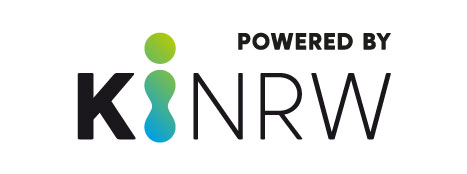
Partner:


